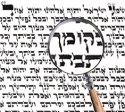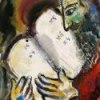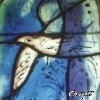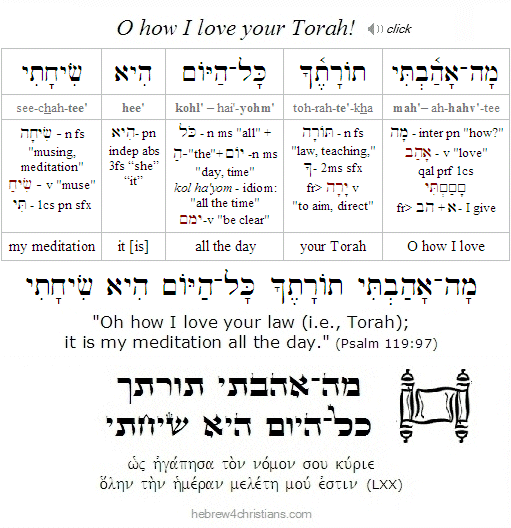|
|
|||||||||||||||||||||
 |
|||||||||||||||||||||
|
Learn Hebrew |
|||||||||||||||||||||
|
|
||||||||||||||||
|
The Scriptures declare: "Blessed is the man who ... delights in the Torah of the LORD (ūæų╝ų░ū¬ūĢų╣ū©ųĘū¬ ūÖų░ūöūĢųĖūö); all that he does shall prosper" (Psalm 1:1-3). Considering the conspicuous lack of delight for the Torah expressed in many "mainline" churches today, however, you would almost think that this "blessed state" avowed by the Holy Spirit has somehow been annulled and no longer applies to the Christian... Then again, just as a veil remains over the eyes of unbelieving Jews regarding the message of the new covenant, so a veil remains over the eyes of many Christian theologians regarding the message of the older covenant (2 Cor. 3:14-16). The careful distinctions made by the Apostle Paul regarding the nature of the Torah are often overlooked, with the unhappy result that "antinomialism" (literally, "anti-law-ism") has been inculcated as proper Christian doctrine today. Sadly, for many Gentile Christians today, the Torah is erroneously regarded as an enemy of faith (i.e., "legalism") and therefore is no longer a matter of much delight... ū£ūÉųŠūÖųĖū×ūĢų╝ū®ūü ūĪųĄūżųČū© ūöųĘū¬ų╝ūĢų╣ū©ųĖūö ūöųĘū¢ų╝ųČūö ū×ų┤ūżų╝ų┤ūÖūÜųĖ lo ┬Ę ya┬Ęmoosh ┬Ę se'┬Ęfer ┬Ę ha┬Ęto┬Ęrah ┬Ę ha┬Ęzeh ┬Ę mee┬Ępee'┬Ękha "This Book of the Torah shall not depart from your lips, Where it is written, "all Scripture is breathed out by God (╬Ė╬ĄßĮ╣ŽĆ╬Į╬ĄŽģŽāŽä╬┐Žé / ūóųĘū£ųŠūżų╝ų┤ūÖ ū©ūĢų╝ūŚųĘ ūÉų▒ū£ūöų┤ūÖūØ) and is profitable for teaching, for reproof, for correction, and for training in righteousness, that the man of God may be complete, equipped for every good work" (2 Tim 3:16-17), it is evident that the Scriptures referred to here are the Jewish Scriptures (i.e., the Torah, the Prophets, and the Writings), since they are the foundation, the context, and the overarching matrix for the later New Covenant revelation... These were the Scriptures Yeshua used to contextualize and explain his ministry to his followers: "And beginning with Moses and all the Prophets, he interpreted to them in all the Scriptures the things concerning himself" (Luke 24:27; John 1:45). In other words, the Torah has both a logical, a linguistic, and a theological priority regarding our understanding of the New Testament Scriptures, and the failure to read in context invariably leads to faulty interpretations and doctrinal errors of various kinds. "To the Jew first, and [then] to the Greek" (Rom. 1:16) is a principle not only of how the gospel message would transcend ethnic Israel to be offered to all the nations, but also about how we should approach the subject of Biblical hermeneutics.... God "breathed out" (╬Ė╬ĄßĮ╣ŽĆ╬Į╬ĄŽģŽāŽä╬┐Žé) his revelation in order, and the message itself must be understood in light of that order (Gal. 4:4-5). ū×ųĖūöųŠūÉųĖūöųĘūæų░ū¬ų╝ų┤ūÖ ū¬ūĢų╣ū©ųĖū¬ųČūÜųĖ mah - a┬Ęhav'┬Ętee ┬Ę to┬Ęra┬Ęte'┬Ękha "Oh how I love your Torah;
|
|
Hebrew for Christians |
|||||
|
|||||



